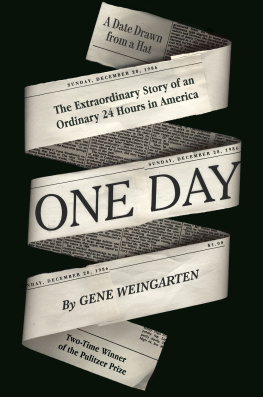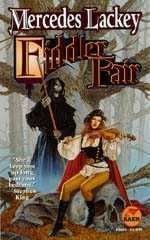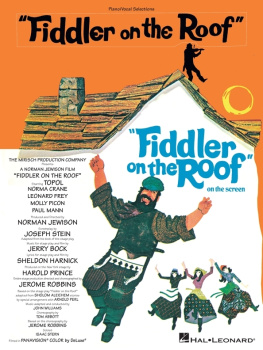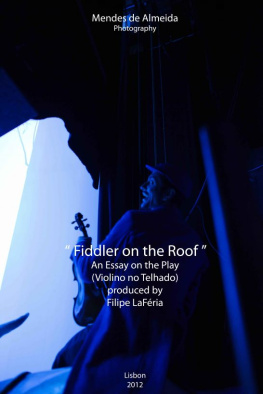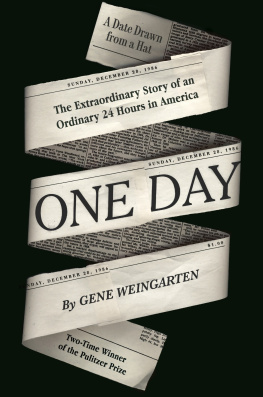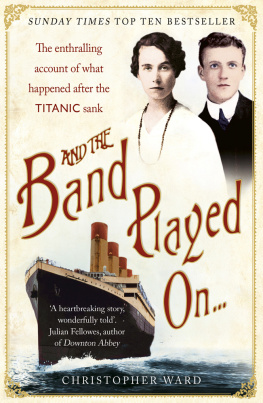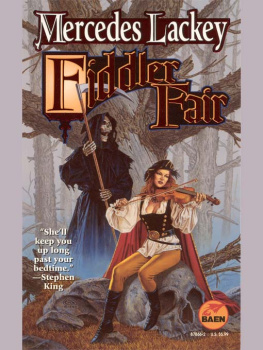
ALSO BY GENE WEINGARTEN
Old Dogs
Im with Stupid (with Gina Barreca)
The Hypochondriacs Guide to Life. And Death.
The Fiddler
in the
Subway

THE TRUE STORY OF WHAT
HAPPENED WHEN A WORLD-CLASS
VIOLINIST PLAYED FOR HANDOUTS
... AND OTHER VIRTUOSO
PERFORMANCES BY AMERICAS
FOREMOST FEATURE WRITER

GENE WEINGARTEN
SIMON & SCHUSTER PAPERBACKS
NEW YORK LONDON TORONTO SYDNEY

Simon & Schuster Paperbacks
A Division of Simon & Schuster, Inc.
1230 Avenue of the Americas
New York, NY 10020
www.SimonandSchuster.com
Copyright 2010 by Gene Weingarten
All rights reserved, including the right to reproduce this book or
portions thereof in any form whatsoever. For information, address
Simon & Schuster Paperbacks Subsidiary Rights Department,
1230 Avenue of the Americas, New York, NY 10020.
First Simon & Schuster trade paperback edition July 2010
SIMON & SCHUSTER PAPERBACKS and colophon are registered
trademarks of Simon & Schuster, Inc.
For information about special discounts for bulk purchases,
please contact Simon & Schuster Special Sales at
1-866-506-1949 or business@simonandschuster.com.
The Simon & Schuster Speakers Bureau can bring authors to
your live event. For more information or to book an event,
contact the Simon & Schuster Speakers Bureau at
1-866-248-3049 or visit our website at www.simonspeakers.com.
Designed by Davina Mock-Maniscalco
Manufactured in the United States of America
10 9 8 7 6 5 4 3 2 1
Library of Congress Cataloging-in-Publication Data
Weingarten, Gene.
The fiddler in the subway/Gene Weingarten.
p. cm.
1. American wit and humor. I. Title.
PN6165.W385 2010
818'.5407dc22 2009051668
ISBN 978-1-4391-8159-1
ISBN 978-1-4391-8160-7 (ebook)
Art reprinted by permission of Universal Uclick: Doonesbury (2004)
G. B. Trudeau (pp. 236 top and bottom, and p. 242); Doonesbury (2006) G. B. Trudeau (pp. 245, 252, and 259). The photograph on p. 158 is courtesy of the author.

Acknowledgments

All the stories in this collection are published by permission of the Washington Post, where they first appeared. My gratitude goes beyond this small kindness; I am indebted to the newspapers publisher and editors for their support of fierce journalism, for their leadership, and, all too many times, for their forbearance.
I want to thank the people who taught me to write, and to apologize for any plagiarism that may have semi-inadvertently weaseled into my words over the years: Edward Albee, Dave Barry, Mike Bassett, Meyer Berger, Homer Bigart, Madeleine Blais, Margaret Wise Brown, Michael Browning, John Dickson Carr, Raymond Chandler, Agatha Christie, Charles Dickens, Franklin W. Dixon, Arthur Conan Doyle, Will Elder, Piet Hein, Crockett Johnson, Franz Kafka, Tom Lehrer, the New York Daily News headline writers from 1958 to 1972, Edgar Allan Poe, Rod Serling, Dr. Seuss, Rex Stout, Bill Watterson, and Ruth S. Weingarten.
Dozens of talented copy editors made my prose presentable; if I try to name them all, I will forget some. Ably standing in for all of them here will be Pat Myers, the worlds funniest copy editor and Americas greatest backstop. She is the Johnny Bench of journalism.
A newspapers librarians make its writers seem omniscient. We are not; we just have the best librarians in the business. I thank them all.
A good journalist knows when something youve written stinks; a good friend will actually tell you. These people are both: Tom Scocca, David Von Drehle, and Hank Stuever. On countless occasions they have saved me from myself.
And finally, even though his thumbprint is on nearly every page, this is the only place in the book that you will see the name Tom Shroder. That is exactly as it should be. Tom is an editor; his work, by its nature, is occult. The relationship between a writer and his editor is sacrosanctas private and privileged as that between doctor and patient, lawyer and client, priest and penitent. Tragically, because of this sacred principle I cannot ethically reveal just how much of this book is Tom Shroders doing, just how much credit he deserves. Whew.

Contents

None of the Above
The Fiddler
in the
Subway

Introduction

I WAS DRUNK THE night I learned to write. It was the end of a bad day at work, which was at The Detroit Free Press, where I was a reporter.
This was 1978. I was twenty-seven. For weeks, Id been hanging out at the Detroit Wastewater Treatment Plant, the citys chronically mismanaged sewage facility. What I had seen there, in a word, stank. There was plenty of sewage but not much treatment. The equipment was obsolete, the bosses were inept, the workers were poorly trained. Instead of turning raw sewage into clean water, the plant was scooping it up, pouring it into vats, performing abracadabra alchemy over it, and then pumping it out into Lake Erie insufficiently altered. At times it was brownish, pungent, and unnervingly lumpy.
On the afternoon of the night I would learn to write, Id finished my reporting and had typed out the first paragraph of the story. Like many young writers, I considered this an opportunity to display the breadth of my vocabulary, the depth of my knowledge, and the extent of my importance. I wrote something like this: The Detroit Wastewater Treatment facility, long the bane of environmental regulators, continues to be grievously plagued by a thicket of problems involving underfunding and mismanagement, and remains in flagrant violation of federal clean-water standards.
I proudly showed this to my editor, the great Hugh McDiarmid. Had I been describing Hugh at the time, I would have called him crusty, but today I would avoid both the clich and the understatement. Calling Hugh crusty would be like calling the Nazis rude. It just doesnt capture the half of it.
Hugh read what I had written, then turned his back on me. Its fine, he said, returning to his own work.
In reporter-editor patois, fine is a word sodden with contempt. It means adequate. No writer wants to be told his work is fine. Whats wrong with it? I asked. Hugh didnt even turn around. Youve been coming back from that place every day, excited about how screwed up it is, he said. Your anecdotes were funny. You were really pissed off on behalf of the public. Whered all the passion go?
Next page

